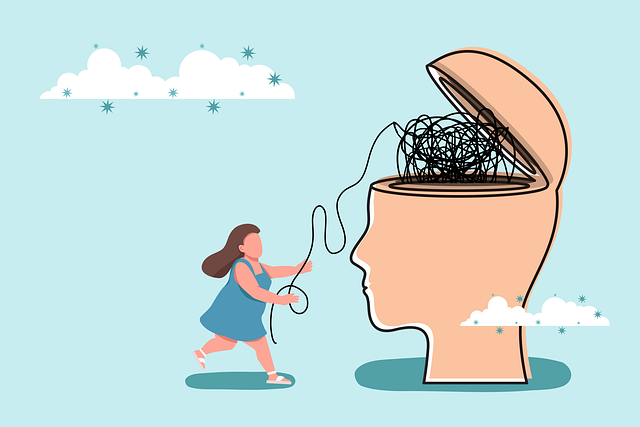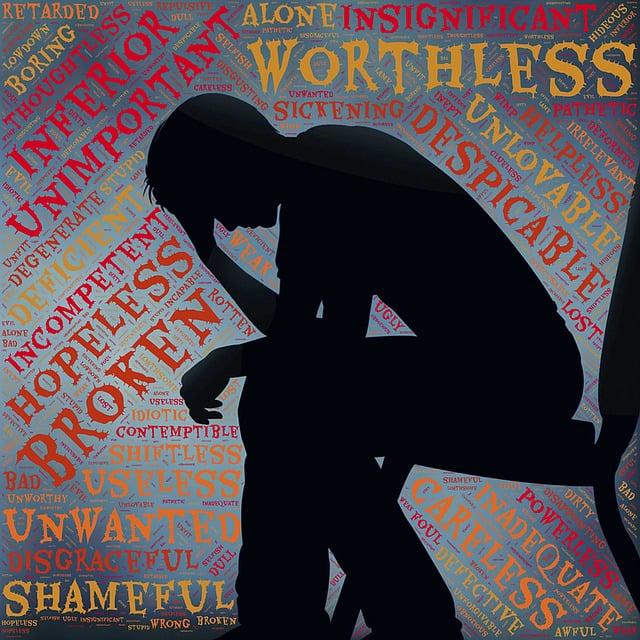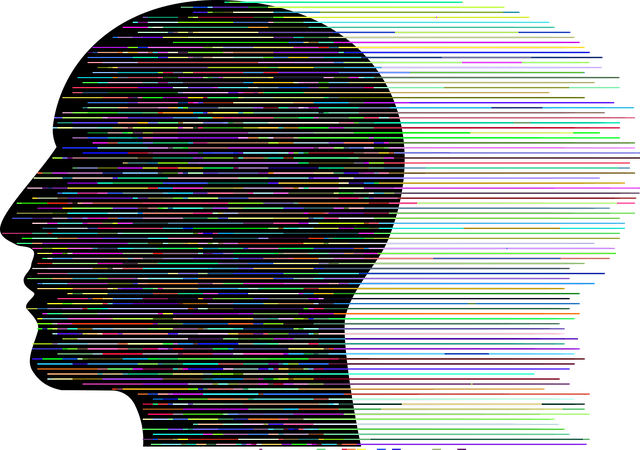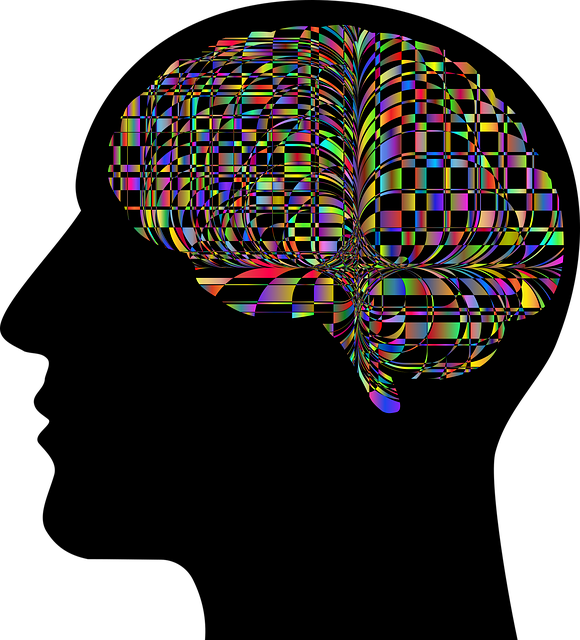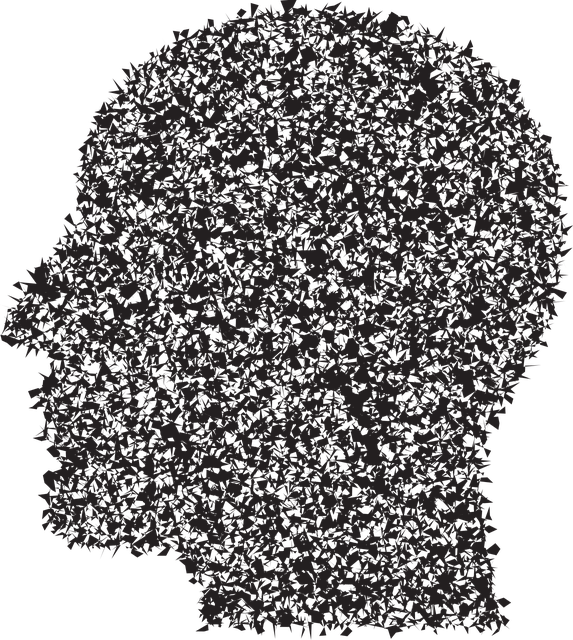Mental wellness apps, particularly those offering Lone Tree Somatic Experiencing (SET) Therapy, are revolutionizing access to mental health support in a fast-paced world. These digital tools holistically address emotional, psychological, and social well-being by guiding users through stress management, positive thinking, and healthy relationship cultivation. Incorporating elements like guided meditation with nature sounds and visual aids of serene forests, along with culturally sensitive, customizable content, enhances user engagement. Development involves a strategic approach: identifying specific mental health issues, integrating innovative therapy techniques backed by expert research, designing an engaging UX, choosing effective distribution channels, launching awareness campaigns, employing marketing strategies, and leveraging user feedback to improve mental health outcomes.
In today’s digital age, mental wellness app development has emerged as a powerful tool for enhancing psychological well-being. This article explores innovative solutions inspired by unique therapeutic approaches like Lone Tree Somatic Experiencing Therapy. We delve into the process of creating engaging apps, discussing design considerations and implementation strategies. By understanding the core principles of this therapy, developers can create effective digital tools that promote mental health and relaxation, offering accessible support to a wide audience.
- Understanding Mental Wellness and Its Digital Solutions
- Designing an App Inspired by Lone Tree Somatic Experiencing Therapy
- Development Process and Implementation Strategies
Understanding Mental Wellness and Its Digital Solutions

Mental wellness is a holistic concept encompassing emotional, psychological, and social well-being. It involves managing stress, cultivating positive thoughts, and fostering healthy relationships. In today’s fast-paced world, digital solutions like mental wellness apps have emerged as powerful tools to support individuals in their journey towards better mental health. These apps offer accessible and personalized resources for those seeking guidance and support.
One such innovative approach is Lone Tree Somatic Experiencing Therapy (SET), which focuses on helping users develop inner strength and conflict resolution techniques. By integrating various therapeutic practices, these apps cater to diverse needs, including depression prevention. They encourage mindfulness, provide coping mechanisms, and offer safe spaces for self-reflection and exploration. Through interactive features, users can gain insights into their emotional states, track progress, and unlock their inner resilience, ultimately fostering a deeper connection with themselves and enhancing overall mental wellness.
Designing an App Inspired by Lone Tree Somatic Experiencing Therapy

When designing a mental wellness app inspired by Lone Tree Somatic Experiencing Therapy, developers must incorporate elements that foster deep relaxation and self-discovery. This therapy, known for its unique approach to healing through solitude and sensory immersion, can be translated into an app experience. Incorporating features like guided meditation sessions with nature sounds and visual aids inspired by serene forest landscapes could help users connect with their inner selves.
Cultural sensitivity in mental healthcare practice is a key aspect to consider. The app should offer customizable content that respects diverse cultural backgrounds and promotes positive thinking, ensuring it resonates with users from various communities. By integrating self-care practices into the app’s core, users can benefit from tailored routines, encouraging them to prioritize their mental well-being in their own unique ways.
Development Process and Implementation Strategies

The development process for a mental wellness app should be meticulously planned and designed to cater to diverse user needs. It begins with identifying specific mental health challenges, such as anxiety or depression, that the app aims to address. For instance, incorporating techniques from Lone Tree Somatic Experiencing Therapy can offer unique solutions for trauma recovery, enhancing self-esteem improvement. Research and collaboration with mental health experts are pivotal during this phase to ensure the app’s effectiveness and safety. User experience (UX) design plays a significant role in creating an intuitive interface that encourages consistent use.
Implementing the app requires strategic planning. This includes deciding on distribution channels, such as app stores or direct downloads, to reach the intended audience. Public awareness campaigns can be developed to educate users about the app’s benefits and encourage emotional well-being promotion techniques. Effective marketing strategies, coupled with positive user feedback loops, will foster adoption and engagement, ultimately contributing to improved mental health outcomes.
The development of mental wellness apps, as demonstrated by the principles of Lone Tree Somatic Experiencing Therapy, offers a promising digital solution for improving mental health. By combining evidence-based practices with intuitive design, these applications can provide accessible and personalized therapeutic tools. The process involves careful consideration of user needs, ethical guidelines, and effective implementation strategies. As the demand for mental wellness support continues to grow, app developers have an opportunity to create innovative, user-centric solutions that contribute to a healthier and more resilient global community.
